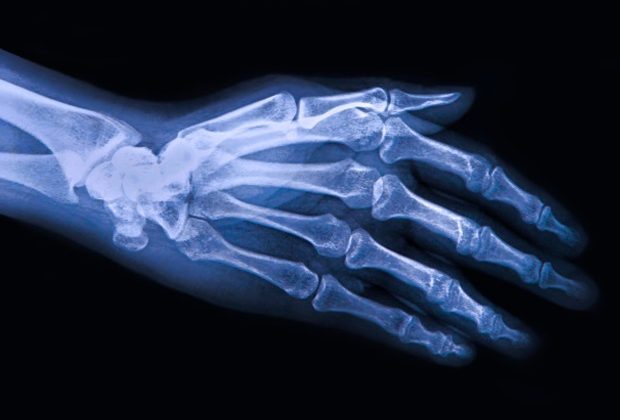Researchers at the Faculty of Medicine at the University of Freiburg have gained significant new insights into metabolic processes in the kidney. The scientists from the Institute of Genetic Epidemiology at the Medical Center – University of Freiburg measured tiny molecules, so-called metabolites, which occur in blood and urine and reflect our metabolism, in samples from more than 5,000 study participants. They compared these with the genome of the test persons and were able to identify 1,299 genetic changes that are associated with metabolites and contribute to their production, degradation or transport. The findings provide a better understanding of processes throughout the body and particularly in the kidney, which produces urine from blood plasma. These discoveries, which appeared June 5, 2023, in the journal Nature Genetics, could lead to a better understanding of diseases and new approaches to their treatment. For example, a new class of therapies for treating diabetes, called SGLT2 inhibitors, work by inhibiting a metabolite transporter in the kidney.
"This study opens up new insights into metabolism and its links to health. It provides valuable information that could help us to better understand diseases and thus provide a basis for new treatment options," says Prof. Dr. Anna Köttgen, Director of the Institute of Genetic Epidemiology at the Medical Center – University of Freiburg and spokesperson of the Collaborative Research Center 1453 "Nephrogenetics" at the University of Freiburg, which supported the study's research. Köttgen is also a member of the Cluster of Excellence CIBSS – Centre for Integrative Biological Signalling Studies at the University of Freiburg.
Integration of blood plasma and urine analyses yielded important findings
Conducting such a large-scale association study presented special challenges. The researchers had to analyze large amounts of data and understand complex genetic relationships. First author Dr. Pascal Schlosser from the Faculty of Medicine at the University of Freiburg and the Institute of Genetic Epidemiology at the Medical Center – University of Freiburg explains: "In particular, the comparison of metabolites from plasma and urine samples and their genetic basis, which is known as multi-matrix analysis, is very time-consuming. However, it offers the possibility of distinguishing whether certain metabolic changes occur primarily in the kidney itself or are distributed throughout the body. Moreover, in this way we were able to observe a much larger part of human metabolic processes than from the mere study of blood."
Kidney enzyme also relevant in hypertension and osteoarthritis
Among other things, the researchers were able to show that the enzyme DPEP1 not only has important functions in the kidney, but is also operating in different parts of the body. For example, increased activity of DPEP1 was associated with a higher risk of osteoarthritis, but at the same time with a lower risk of hypertension.
Our findings may therefore help us to consider potential side effects of new drugs already during their development process."
Nora Scherer, first author, Institute of Genetic Epidemiology at the Medical Center – University of Freiburg
Albert-Ludwigs-Universität Freiburg
Schlosser, P., et al. (2023). Genetic studies of paired metabolomes reveal enzymatic and transport processes at the interface of plasma and urine. Nature Genetics. doi.org/10.1038/s41588-023-01409-8.
Posted in: Genomics
Tags: Blood, Diabetes, Drugs, Enzyme, Epidemiology, Genes, Genetic, Genetics, Genome, Kidney, Medicine, Metabolism, Metabolite, Metabolites, Osteoarthritis, Research
Source: Read Full Article
